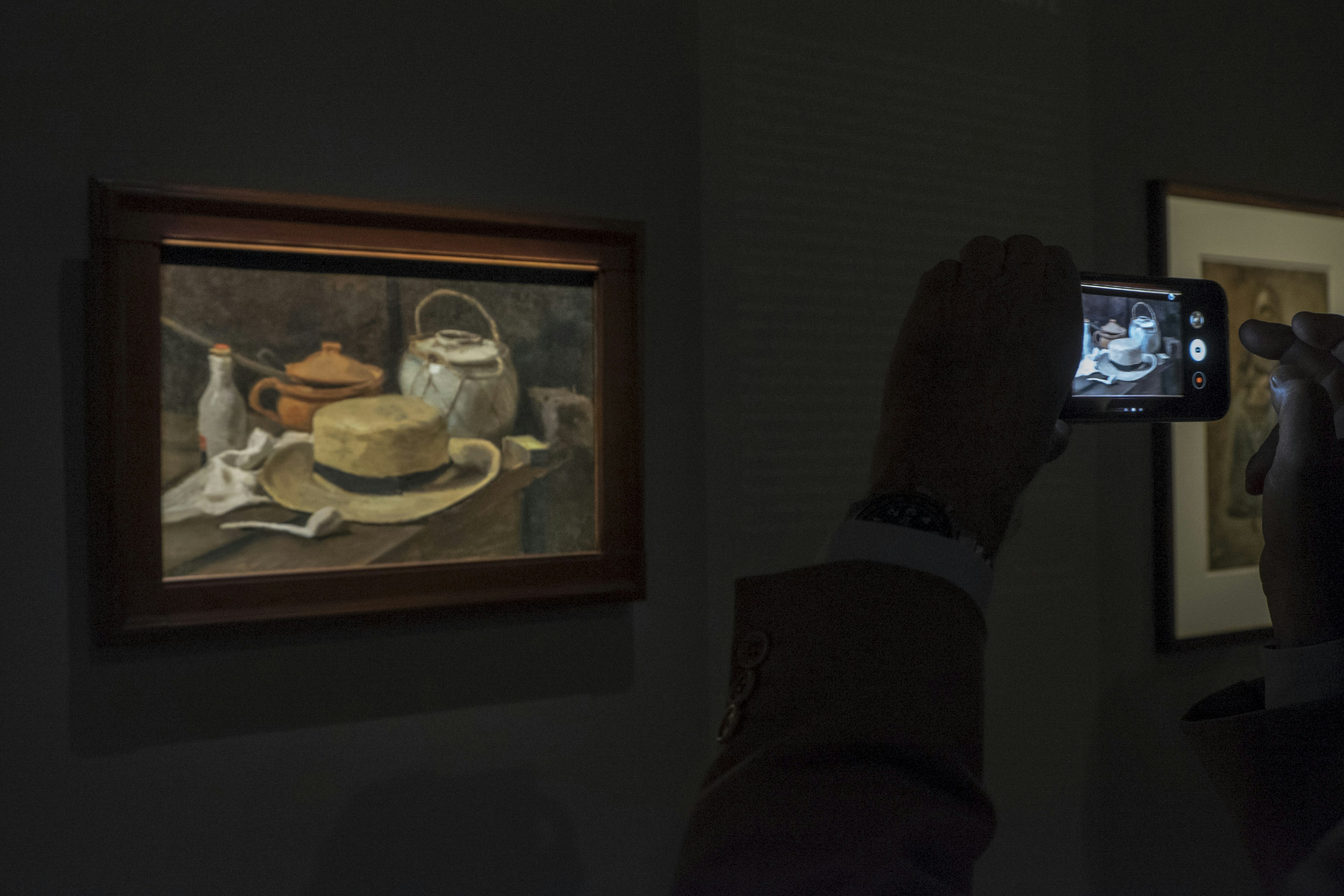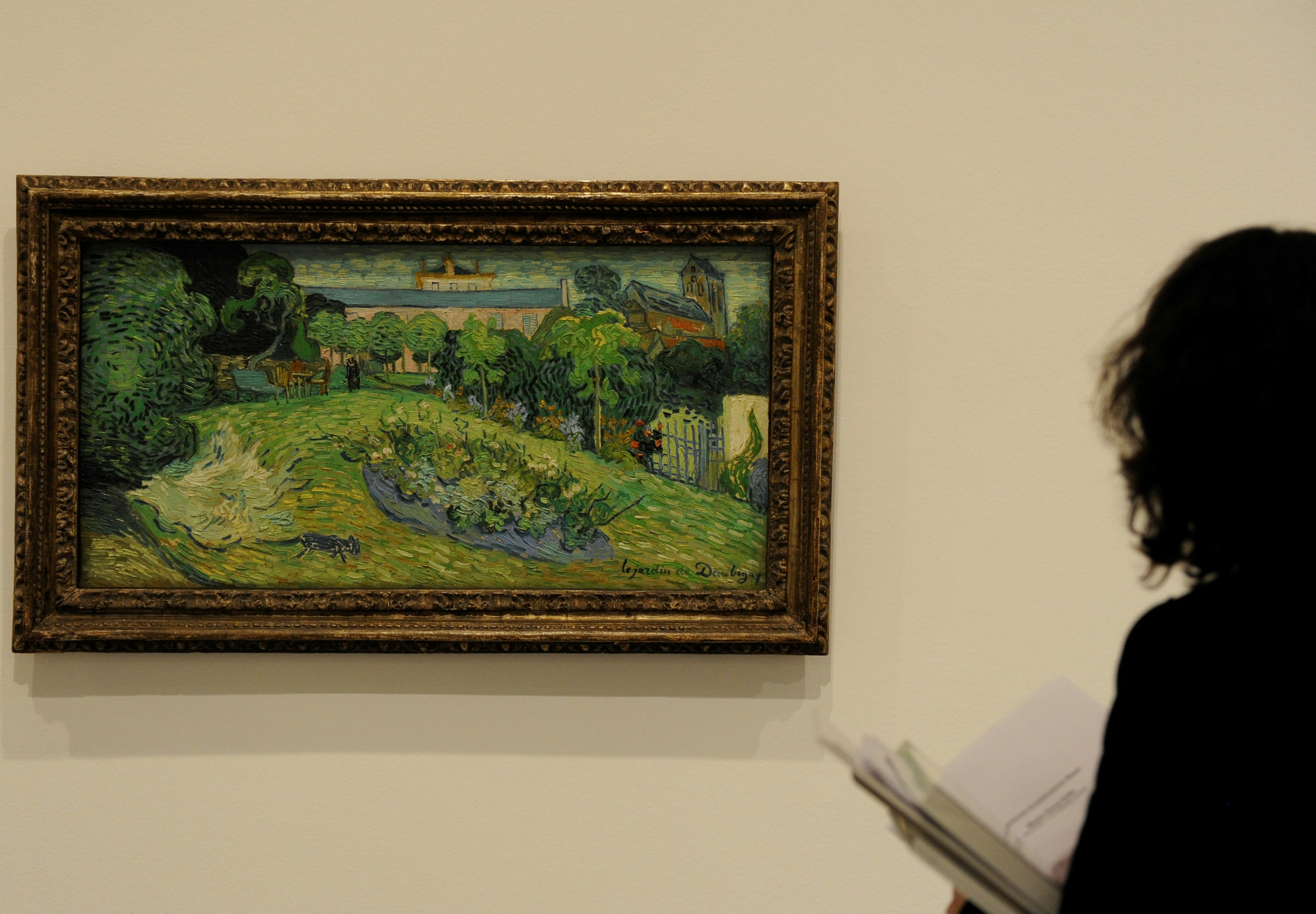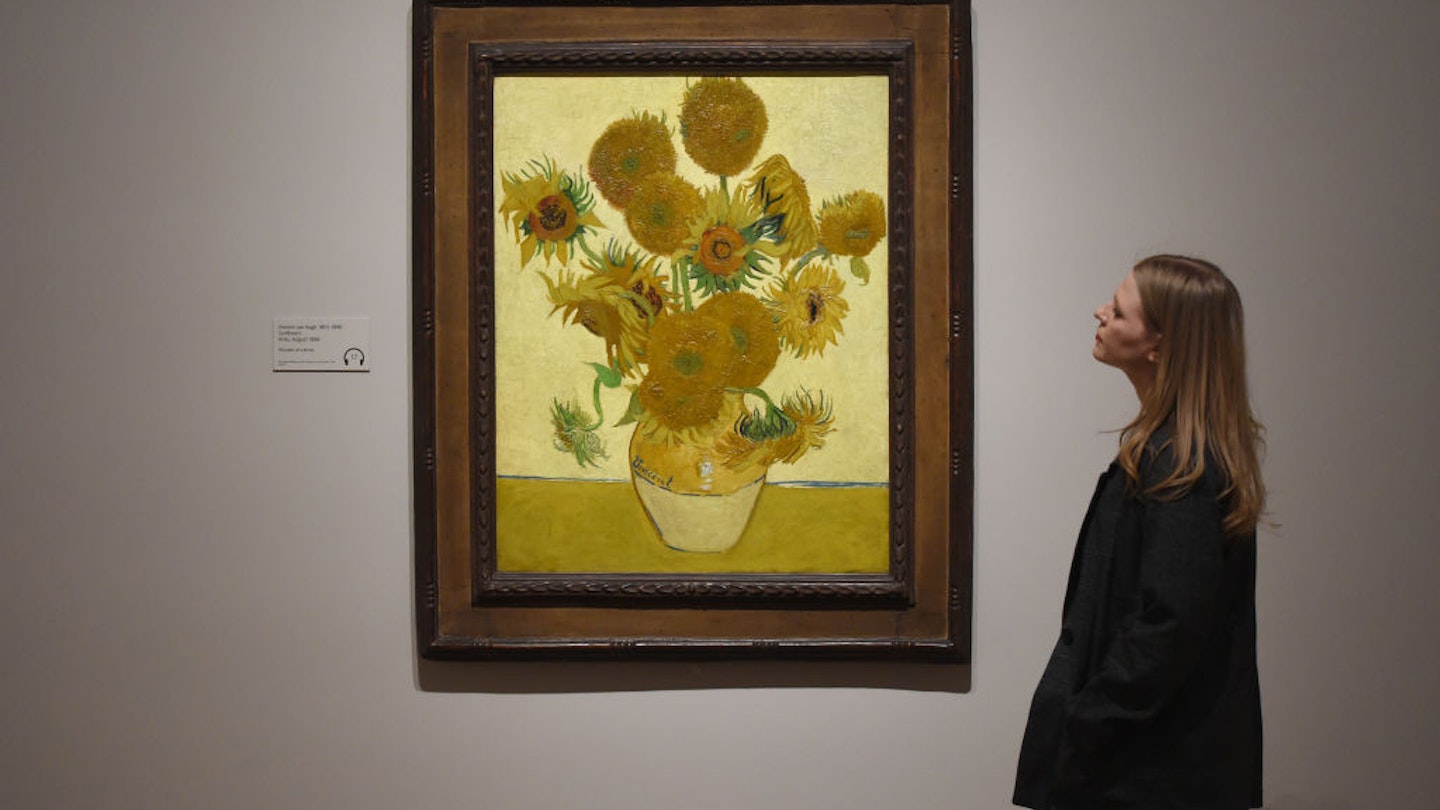There are few names more renowned in the world of art than Vincent Van Gogh. The Dutch post-impressionist is revered for his colourful, innovative style and romanticised for his tragic life, which ensured the painter’s popularity endures to this day.
A new touring multi-sensory exhibition of his work has led to a surge in interest in the 19th-century artist, but when it comes to uncovering Van Gogh’s life and legacy, there is so much more to see.

Though his painting career spanned only 10 years, Van Gogh was prolific, creating over 2000 works that are now scattered in museums and galleries around the world, from Cardiff (Landscape at Auvers in the Rain; National Museum) to Mexico City (Shepherd with a Flock of Sheep; Museo Soumaya).
1. Kröller-Müller Museum, Otterlo
Having spent many years working as an art dealer, Van Gogh did not actually start painting until the age of 28. Some of the artist’s earliest works hang in the Kröller-Müller Museum, a sleek, glass-walled venue in forested parkland near the village of Otterlo, the Netherlands. Still Life with Yellow Straw Hat shows a collection of objects on a desk, dating back to late-1881, making it one of three artworks that vie for the title of being Van Gogh’s oldest-known painting. A number of sketches are also on display here that are even older, mostly portraits of labourers in the village of Etten.
With the second-largest Van Gogh collection in the world, the Kröller-Müller also displays many other noted works from throughout his career, with the highlight arguably Café Terrace at Night, which is the first known example of Van Gogh using a starry background.

2. Van Gogh Museum, Amsterdam
The world’s largest collection of Van Gogh art can be found in the Van Gogh Museum, Amsterdam. It is here that art lovers will find what is considered by many to be Van Gogh’s first masterpiece, The Potato Eaters.
This work, painted in 1885, showcases Van Gogh’s interest in capturing the harsh realities of peasant life. As the de facto hub of Van Gogh’s artistic legacy, the museum houses numerous important works from throughout the artist’s life.

3. Musée d’Orsay, Paris
After residing in Nuenen, Antwerp, and Paris with limited artistic output, Van Gogh moved to the quiet commune of Arles in 1888. The change of surroundings spurred a creative awakening that produced many beloved works, now adorning the walls of Paris’s cavernous Musée d’Orsay.
Highlights include Starry Night Over The Rhone and a smaller version of Bedroom in Arles. Additionally, Portrait of Dr Gachet is a notable gem of the museum’s collection, believed to be the most expensive artwork of all time when it sold in 1990.

4. Yale University Art Gallery, New Haven
One of Van Gogh’s best-loved pieces from his time in Arles is located at the Yale University Art Gallery in New Haven, Connecticut. The Night Café depicts the interior of an all-night pub in Arles, showing the vibrant emotions associated with nightlife.
Additionally, Van Gogh gifted the café owner the painting to pay his tab after working tirelessly for three nights to complete it. His generosity echoes through his other works as well, such as Portrait of Doctor Félix Rey.

5. National Gallery, London
In 1888, Van Gogh worked on a famous sunflower series, notably Sunflowers Fourth Version, now displayed at the National Gallery in London. Other artworks from this series can be seen in various renowned galleries worldwide.
Additionally, Van Gogh’s Chair is also featured in the London gallery, representing the artist’s simple lifestyle. This period in Van Gogh’s life was marked by personal turmoil, culminating in the dramatic event of cutting off his ear.

6. The Museum of Modern Art, New York
Following the ear severing incident, Van Gogh voluntarily checked into the Saint-Paul-de-Mausole asylum in Provence, France, in 1889. Despite his challenges, he created The Starry Night, which hangs in the Museum of Modern Art (MoMA) in New York, and is considered one of the most recognisable works in western art.
Moreover, two more significant works from this period—Olive Trees in a Mountainous Landscape and Wheat Fields with Cypresses—are also part of the renowned collection at MoMA.

7. Kunstmuseum Basel, Basel
Van Gogh spent his final year of life in Auvers after leaving Saint-Paul-de-Mausole. Within this productive period, he painted numerous landscapes, including The Church at Auvers and Daubigny’s Garden, which hangs in Kunstmuseum Basel. This final completed work reflects his artistic prowess and deep admiration for other artists.





